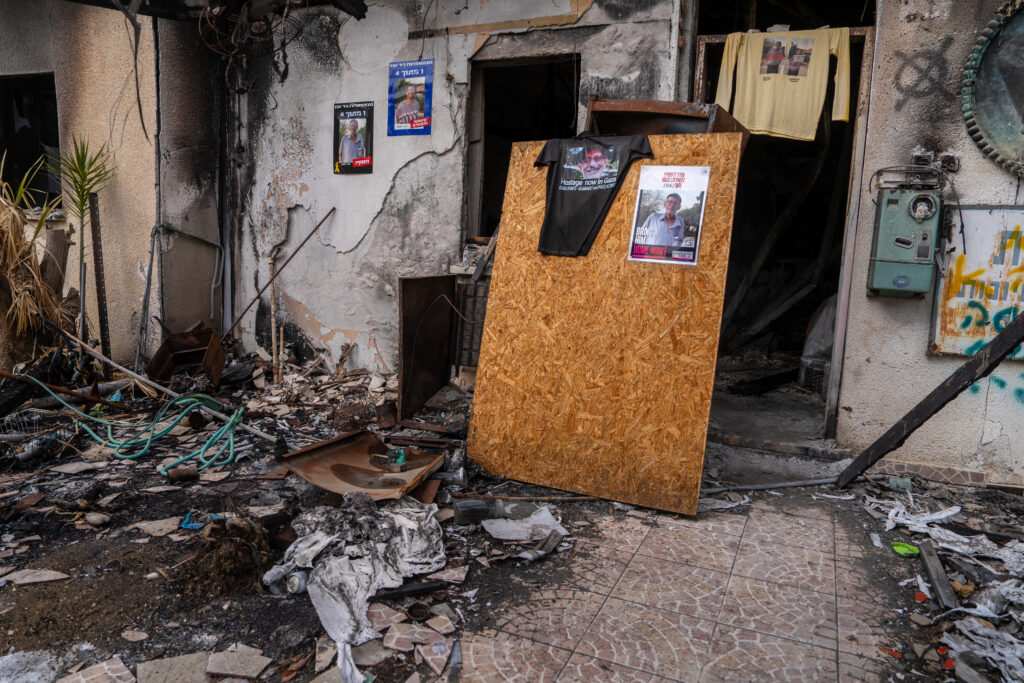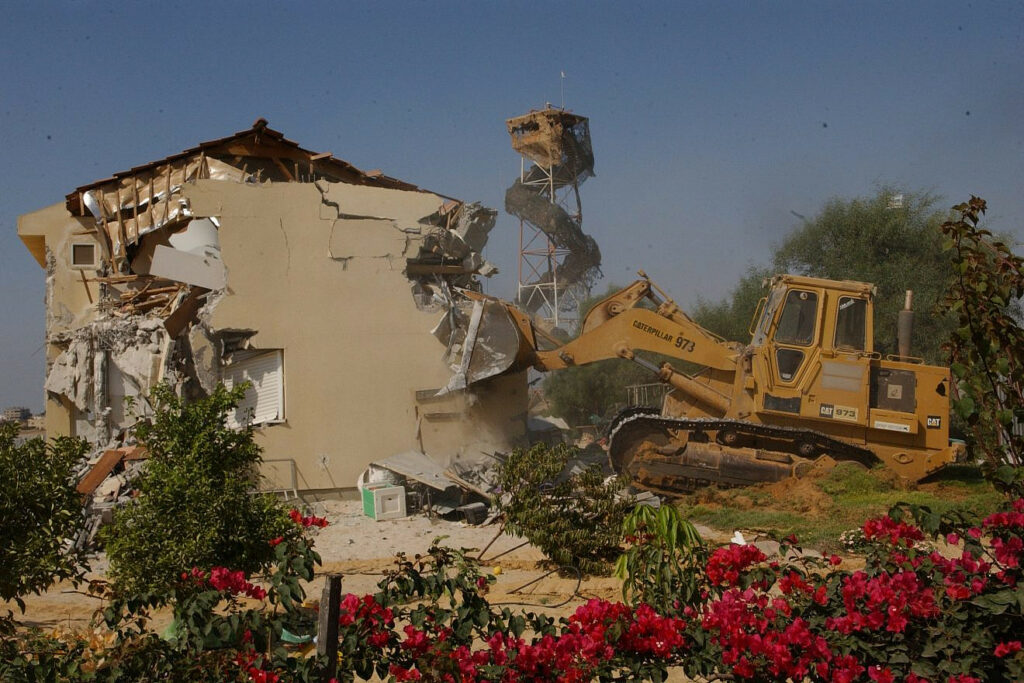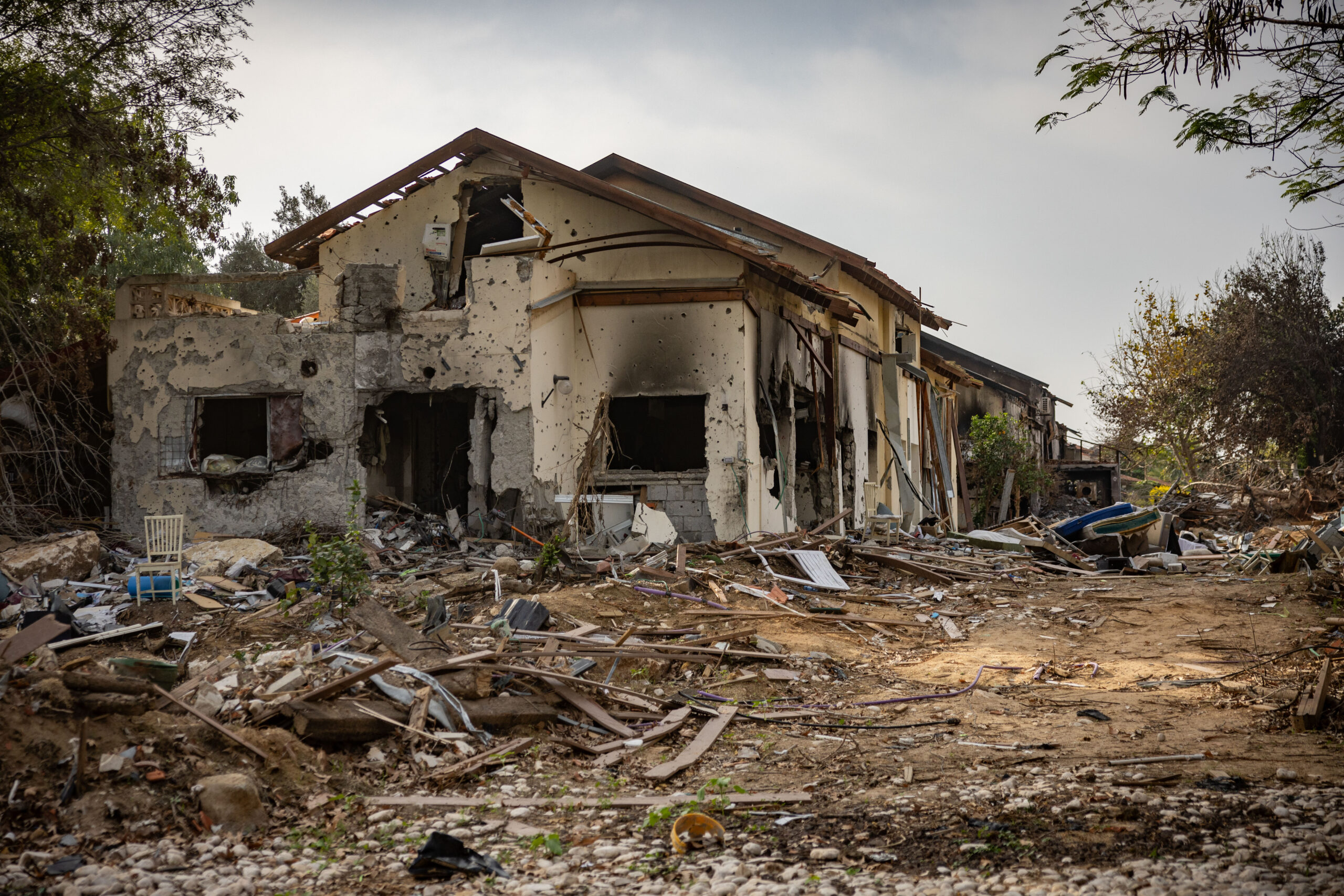We pulled off the impossible.
Iran, a powerful, distant enemy – seventy times our size – was stunned by precise Israeli strikes that read like something out of a Hollywood thriller. Our intelligence operatives, Air Force pilots, and Mossad agents moved like chess masters across thousands of kilometers, striking deep in enemy territory and returning undetected. These operations showed the brilliance and bravery of a nation that can act with supernatural clarity – when it wants to.
And yet, on October 7, we were blind.
We were butchered – by a gang of terrorists sitting a mile from our homes. Women were raped. Children were burned. Grandparents were gunned down in their beds. And it didn’t stop there. Nearly two years later, we are still at war with Hamas – and somehow, we still haven’t won.
How can a nation capable of penetrating Iran’s nuclear defenses fail to defeat a terror group next door?
At first glance, it seems like a paradox. But if you understand the spiritual fault lines running through Israeli society, the answer is painfully obvious.

The war against Iran is easy for most Israelis to support. It’s clean, distant, and technical. It doesn’t force us to confront the unresolved battles over identity, faith, and the meaning of sovereignty. But defeating Hamas? That would require us to face truths we’ve spent years avoiding.
To defeat Hamas, we would have to confront the mistake of the 2005 Disengagement – the disastrous decision by the Israeli government to forcibly remove every Jew from Gaza and hand the entire territory over to the Palestinian Authority. At the time, many claimed this would bring peace. But instead, it created a terror state on our border. Hamas quickly seized control and transformed Gaza into a base of jihad.
But the Disengagement wasn’t just a strategic blunder. It was a spiritual one. We gave up our land not because we had to, but because we were tired – tired of fighting, tired of believing in something eternal, tired of being a people with a mission. The decision to leave Gaza wasn’t made by generals – it was made by politicians and elites who had lost confidence in the idea that this land belongs to the Jewish people, regardless of how many Jews or Arabs live in a particular area.
That’s why defeating Hamas is so hard. Because truly defeating Hamas would mean reversing the Disengagement – not just militarily, but ideologically. It would mean admitting that we were wrong to leave. It would mean returning to the land – not just with tanks, but with families, homes, synagogues, and schools. It would mean embracing the uncomfortable truth that a Jewish state must prioritize Jewish sovereignty, even if that offends Western sensibilities.

And that is a truth many Israelis – especially on the political and cultural Left – are still unwilling to accept.
Most Israeli leaders today understand that the “two-state solution” is dead. But the deeper shift – a full embrace of Jewish sovereignty in all parts of our land – has not yet come. We still hear calls, particularly from the remnants of the old elite, for “peace partners” and negotiated withdrawals. These voices are increasingly marginal, but their influence lingers, and their delusions still shape policy.
It’s time to stop waiting. Time to stop managing the conflict. Time to stop hiding behind fences. Victory will not come through negotiations or containment. Victory will come through clarity of purpose – by reclaiming our land, reasserting our sovereignty, and rebuilding our national confidence. That means declaring full Israeli sovereignty over Judea, Samaria, and Gaza. Not just as a military necessity, but as a national mission.
We are capable of extraordinary things – if we remember who we are. We must believe not only in our strength, but in our purpose. We must believe that we are God’s chosen nation, that we were brought back to this land by divine promise, and that the Land of Israel belongs to the People of Israel according to the Torah of Israel.
We can defeat Hamas. We can bring peace and stability to our land. But only if we have the courage to claim what is already ours.




